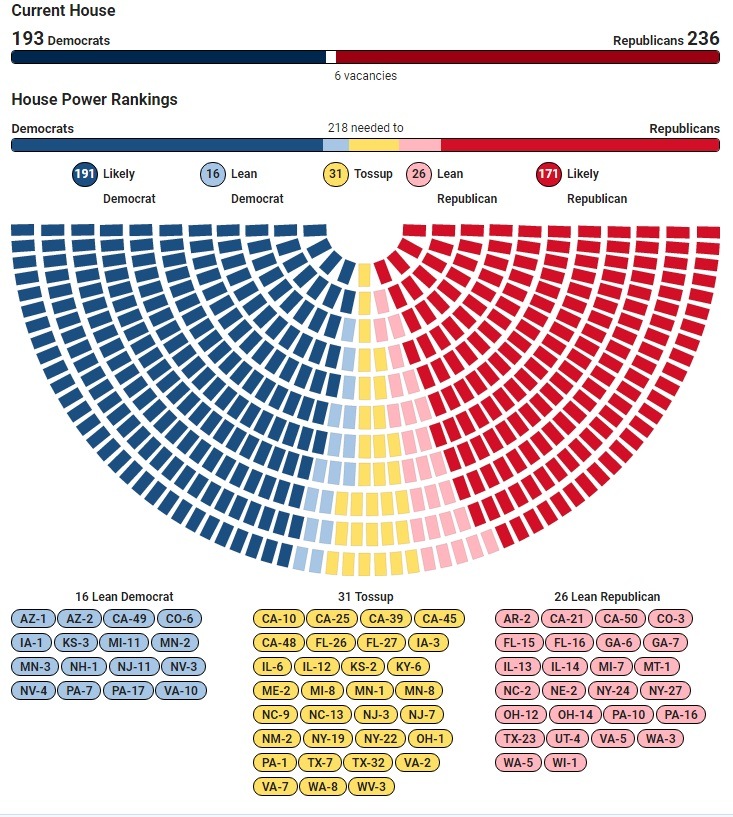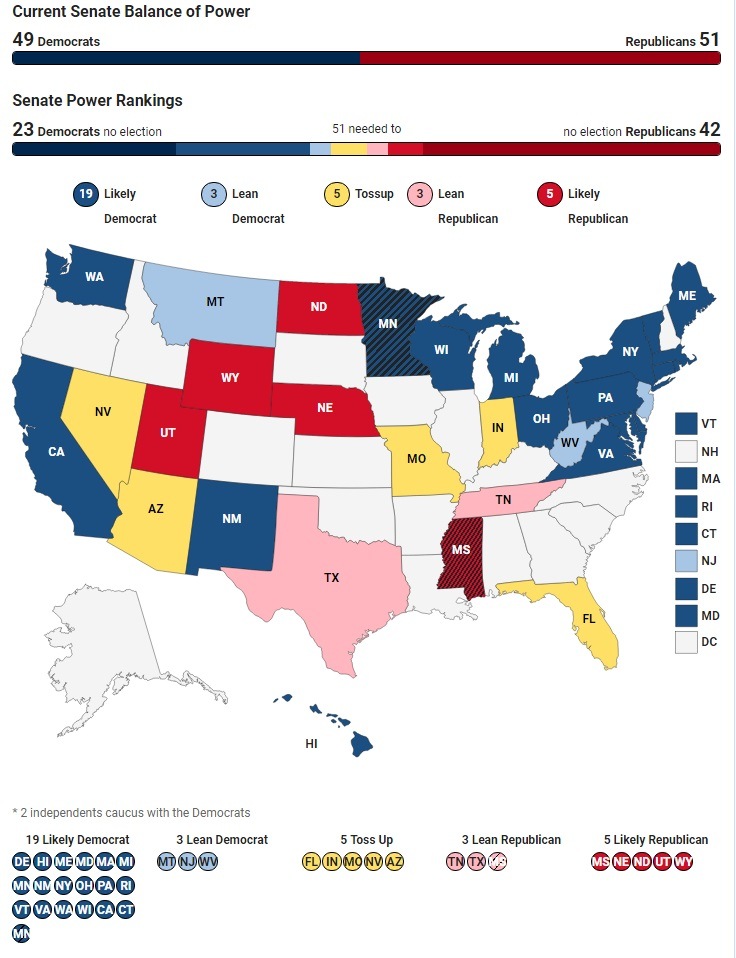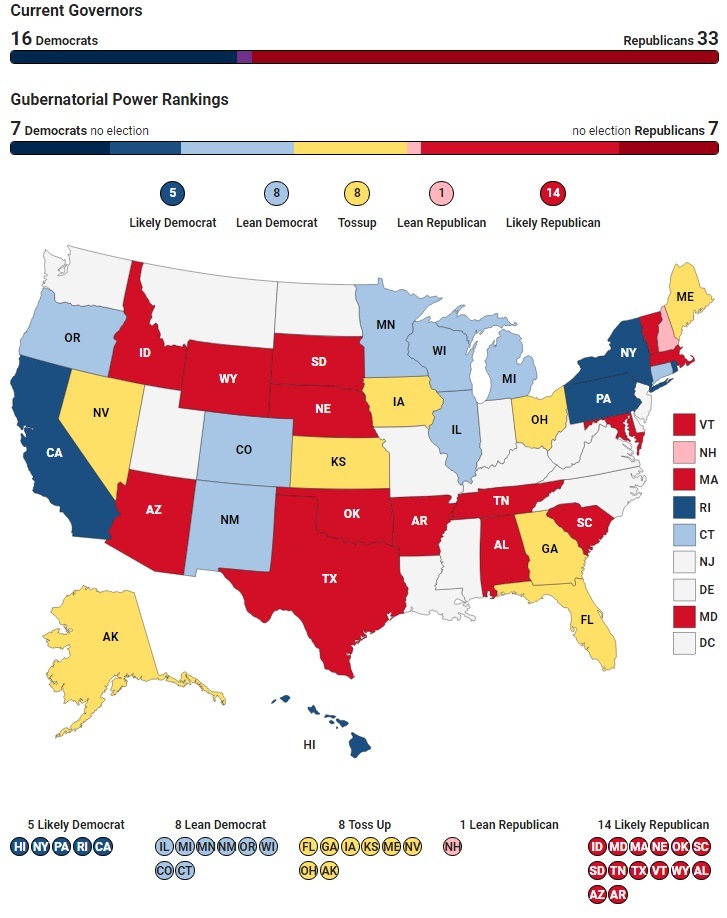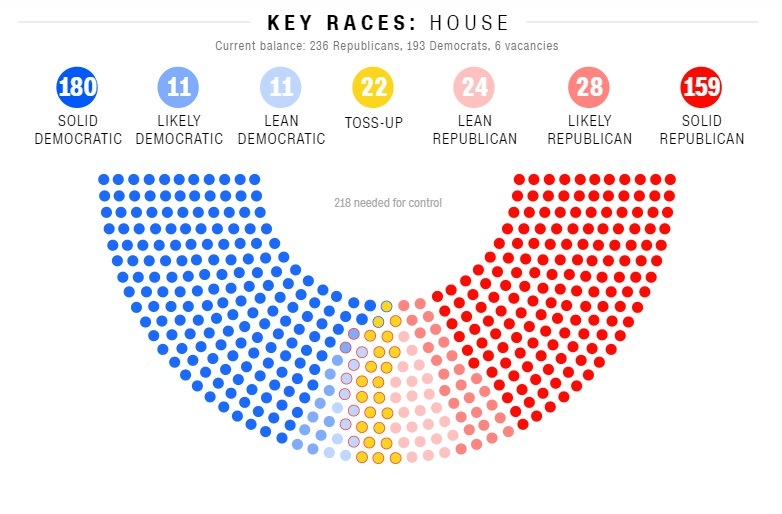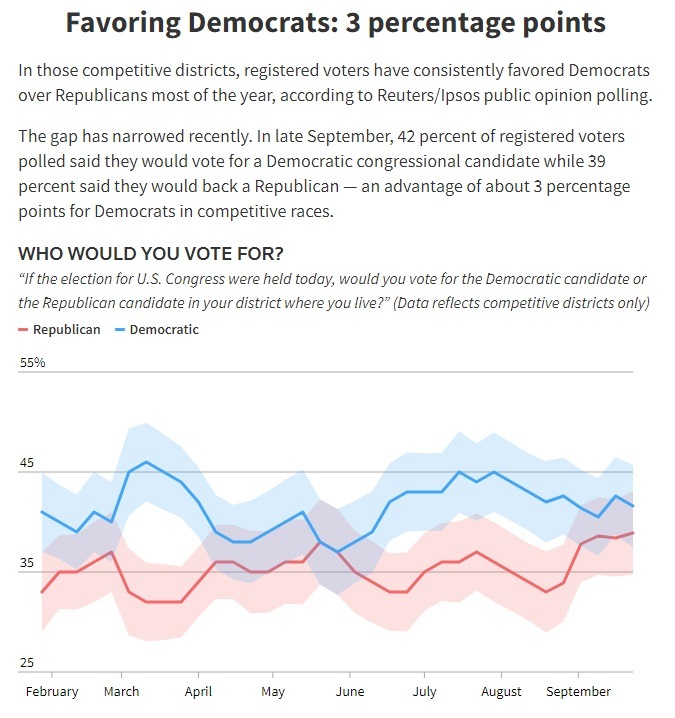Explainer: How a Democratic U.S. House could alter foreign policy
https://www.reuters.com/article/us-usa-election-foreignpolicy-explainer/explainer-how-a-democratic-u-s-house-could-alter-foreign-policy-idUSKCN1N4162
WASHINGTON (Reuters) - Democrats will try to harden U.S. policy toward Saudi Arabia, Russia and North Korea if they win a majority in the U.S. House of Representatives, while maintaining the status quo on hot-button areas like China and Iran, congressional sources say.
If Democrats win at least 23 more seats on Nov. 6, they will regain control of the 435-member House of Representatives from Republicans for the first time since 2011. That means they can determine what legislation can be considered in the chamber and have a bigger role in setting spending policy and writing legislation, in their challenge to U.S. President Donald Trump’s foreign policy agenda.
But since they must still work with a likely Republican-controlled Senate to pass any bills, the Democratic majority’s greatest influence will be oversight, the ability to call hearings and, if necessary, subpoena witnesses, as they chair committees like Foreign Affairs, Armed Services and Intelligence.
If Republicans defy opinion polls and maintain control of the House after weeks of campaigning by Trump, they are expected to embrace his policies. Several influential moderates are retiring, paving the way for a more conservative Republican House that could heed Trump’s calls to cut aid for Central America and slash the foreign affairs budget by some 30 percent.
SAUDI ARABIA
The furor over the death of journalist Jamal Khashoggi at the Saudi consulate in Istanbul has added to lawmakers’ frustration with Saudi Arabia over civilian deaths in the war in Yemen and human rights.
A Democratic-led House would vote on legislation to block arms deals with Riyadh, make it difficult to win congressional approval of a nuclear energy deal with the kingdom and take up a measure to stop U.S. aircraft refueling and other support for the campaign in Yemen.
RUSSIA
Democrats plan Russia-related investigations, such as a probe of business ties and conflicts of interest between Trump and Russia.
But from a policy perspective, a Democratic-led House would push to punish Russia for interference in U.S. elections and activities including its aggression in Ukraine and involvement in the Syrian civil war.
The House would push for more sanctions, including measures targeting new Russian sovereign debt. They would also try to pressure Trump to enact all of the sanctions in a sweeping bill he reluctantly signed into law in August 2017.
“Trump would have to accept policies that he is not so enthusiastic to accept,” said Ilan Goldenberg, a former congressional aide and State Department official now at the Center for a New American Security.
Members of Congress have also vowed to push harder, using subpoena power if necessary, to obtain information about Trump’s summit last summer with Russian President Vladimir Putin. The White House has released few details about the meeting.
NORTH KOREA
Democrats say they are determined to obtain more information about meetings by Trump and Secretary of State Mike Pompeo with North Korean Leader Kim Jong Un, worried that Trump is so eager to make a “great deal” that he will give Kim too much.
They plan to call administration officials to testify in public, and behind closed doors, about the status of talks. But they also will walk a fine line, because they do not want to be seen as interfering with diplomacy and efforts to prevent a nuclear war.
